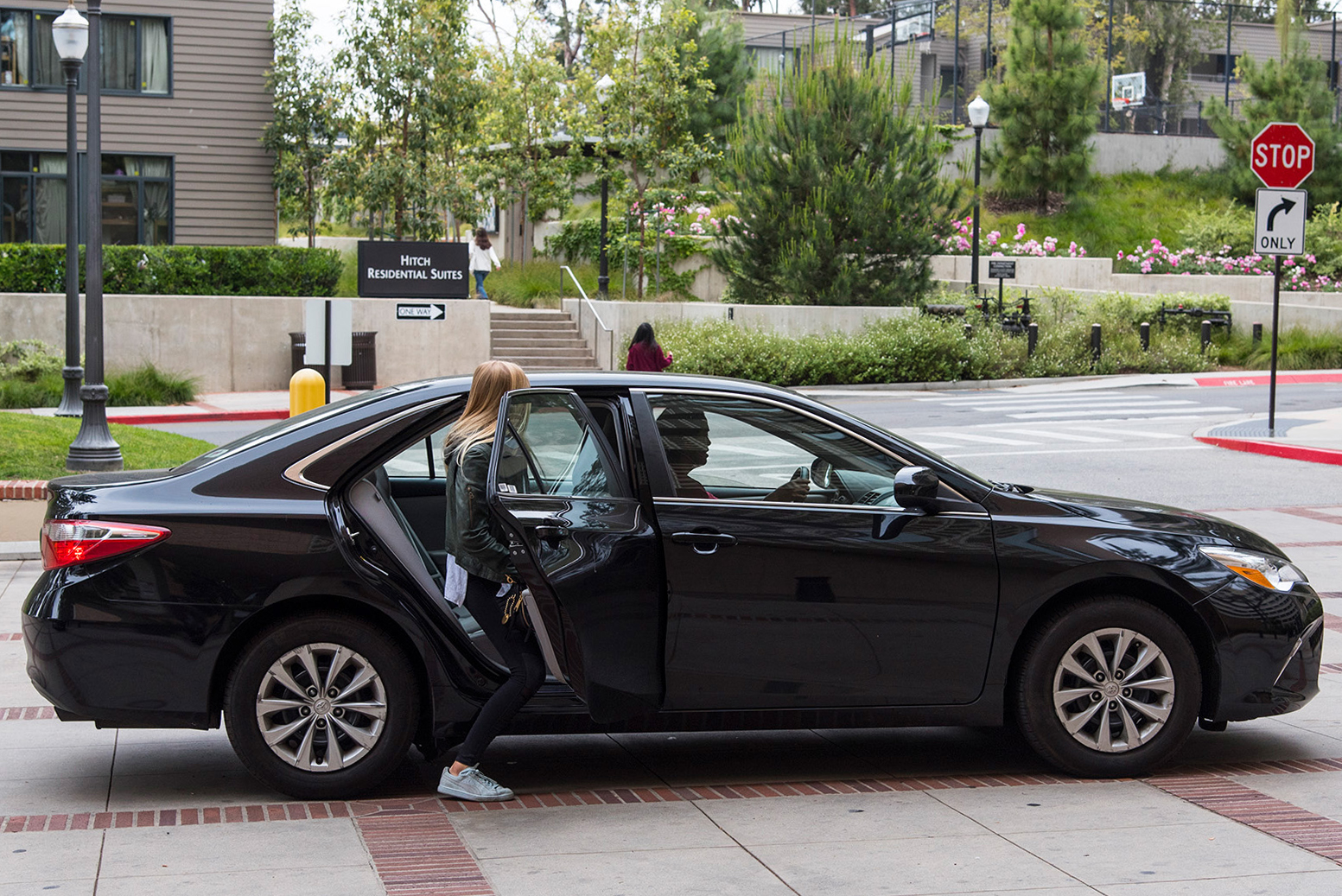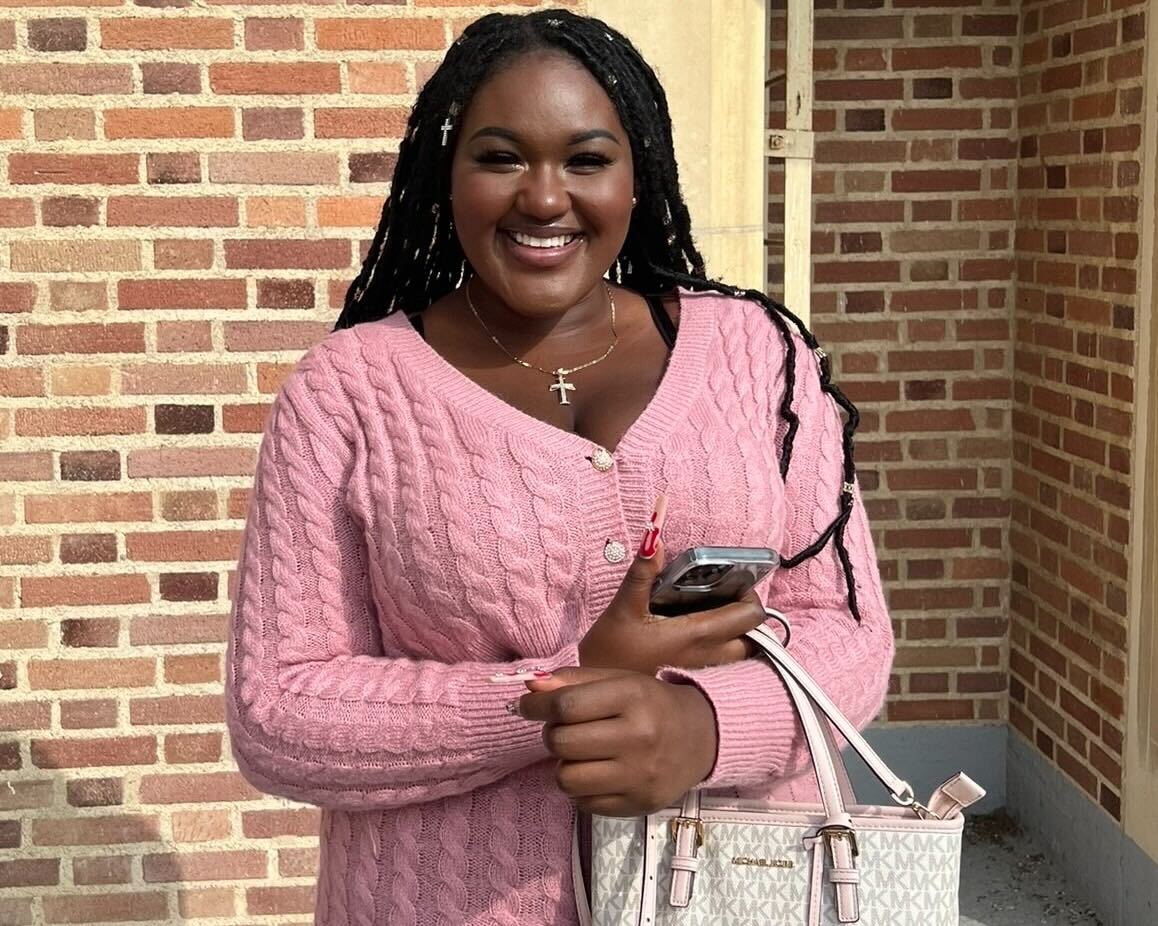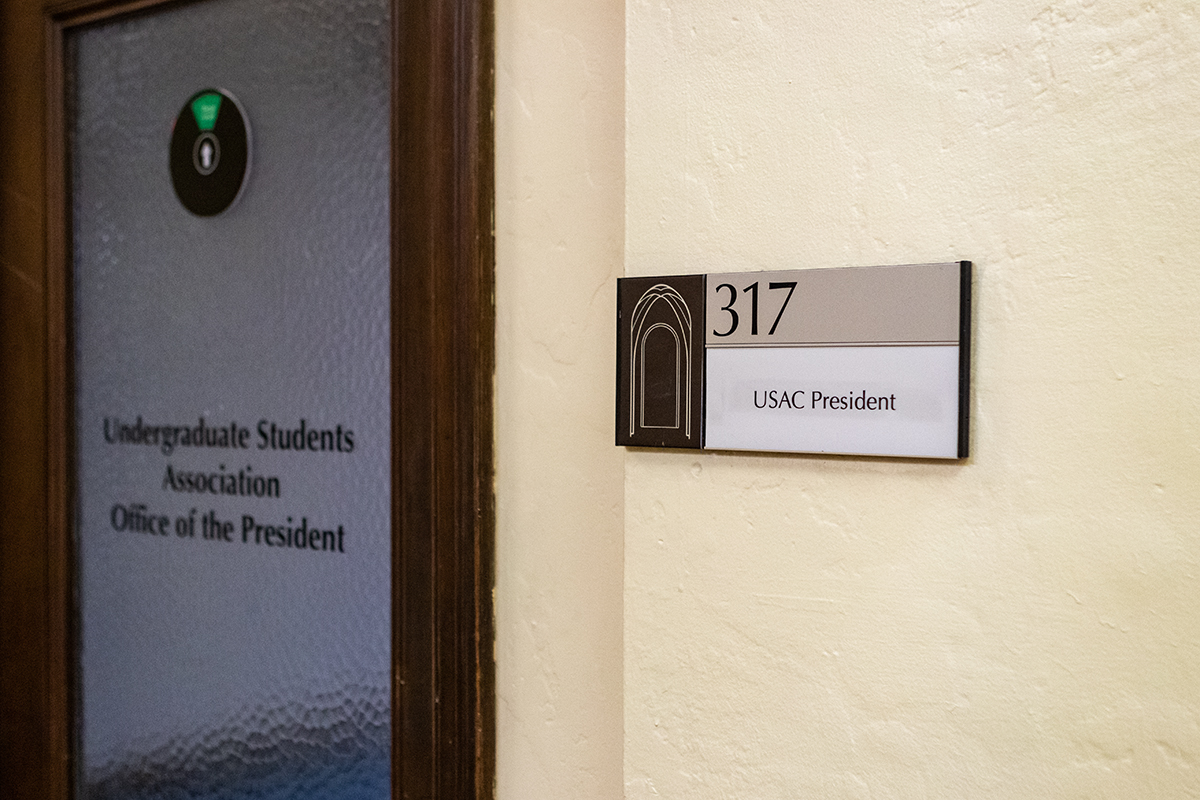USAC vote to consider previously rejected ASU funding proposal sparks discussion
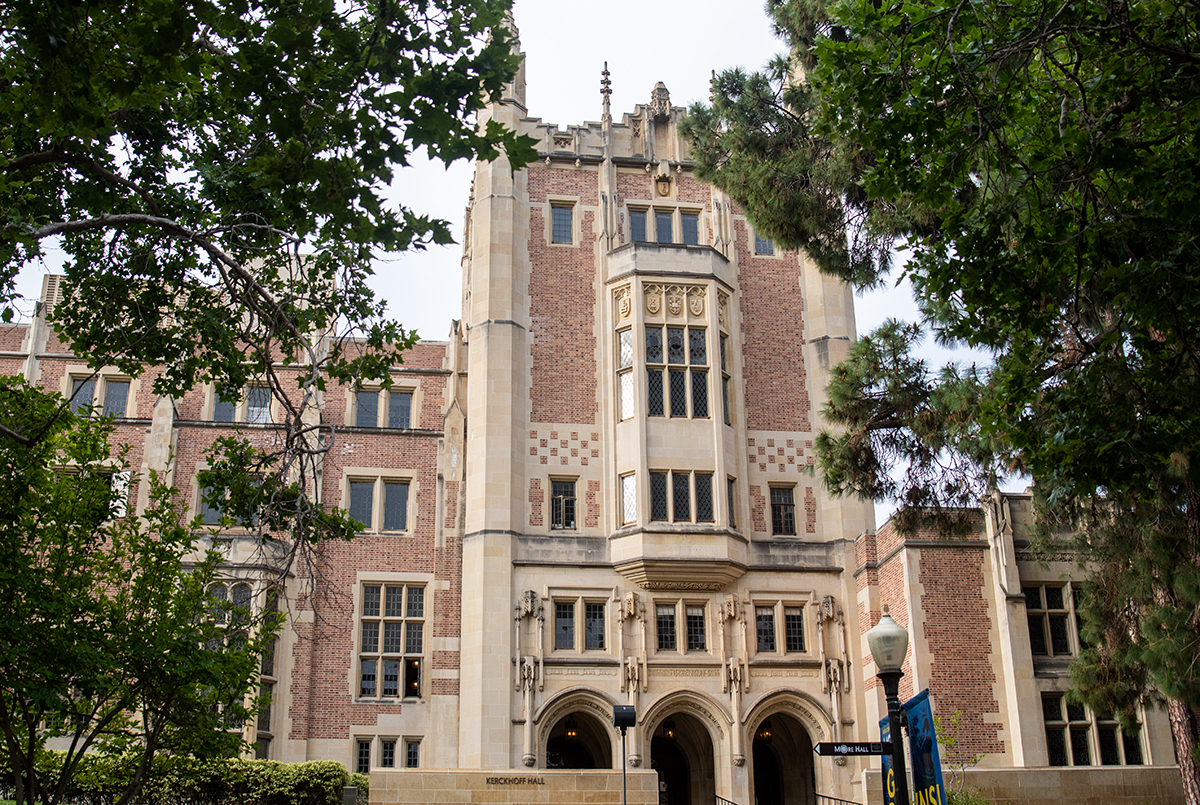
Kerckhoff Hall, where the Undergraduate Students Association Council offices are located, is pictured. The council will hear a previously rejected surplus funding proposal from the Afrikan Student Union on Tuesday. (Jeremy Chen/Photo editor)
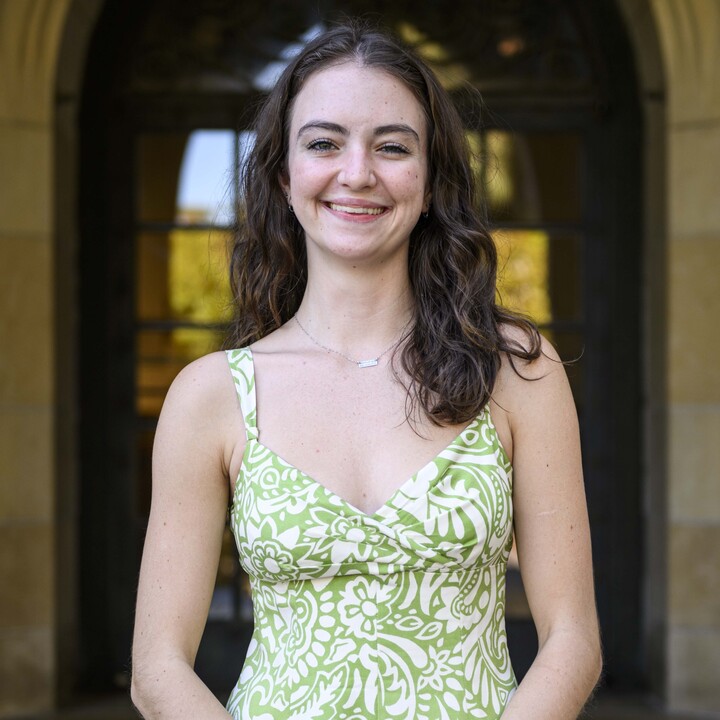
By Catherine Hamilton
March 11, 2024 7:50 p.m.
This post was updated to remove a source’s personal academic information.
The Undergraduate Students Association Council president ruled Tuesday after a vote that the Afrikan Student Union’s 15-minute-late surplus funding proposal would not be considered.
However, on Thursday, Jessica Alexander, the ASUCLA student government services division manager, informed ASU Chairperson Thyra Cobbs and the council that the proposal will be presented to the council March 12, since the proposal did receive a simple majority as abstentions were not counted toward the final vote, Cobbs said. The original decision was made despite receiving six votes in favor and only two votes against. Four members abstained.
“They didn’t even want to look at it (the proposal),” said Cobbs, the former USAC transfer student representative who stepped down in February. “It wasn’t even a final vote to approve the surplus. It was only a vote to look at it, to even consider what we are asking for, to consider that Black students are hurting right now.”
Despite ASU members and supporters advocating to the council during its March 5 meeting, Cobbs said USAC President Naomi Hammonds ultimately determined the 6-2-4 vote was a rejection of considering the proposal, claiming the vote needed seven affirmatives to pass.
Hammonds said she had made a mistake in thinking it was a constitutional ballot vote, which requires a two-thirds majority, leading her to make the determination that the vote did not pass. She added that USAC and ASUCLA ultimately rectified the error.
Cobbs, a fifth-year African American studies student, said she only learned how to submit a funding proposal three hours before the deadline because of a lack of awareness in the campus community about requesting funding.
Hammonds said it was council members’ responsibility to tell their office’s communities about the funding proposal deadline, as proposals were submitted through USAC offices rather than campus organizations.
The council’s surplus totals nearly $1.12 million, and 37 proposals were submitted this year. Surplus funds are composed of student fees that have gone unused by the council throughout the year.
Most USAC officers did not respond to her request for an extension prior to the deadline, Cobbs said. She added that she submitted the proposal requesting $425,000 for ASU and its affiliated groups at 3:15 p.m. on March 1, 15 minutes past the deadline.
Cobbs said an allocation from USAC’s surplus funding is important to ensure ASU and its affiliated organizations are able to host events that support the Black community, including Black Admit Weekend, All Afrikan Peoples Graduation and the Black Bruin Transfer Extravaganza. Previous years of surplus funding allocations have allowed Black organizations to more easily host events.
ASU also requested an allocation of $60,000 to the organization’s Academic Supports Program, Students Heightening Academic Performance through Education program and the Afrikan Education Project, said Abigail Adams, ASU’s retention coordinator. Adams added that she believes the three projects and others under ASU are currently not adequately funded in relation to the rising costs of resources such as transportation.
Additionally, funding would go to other entities and events such as the East African Student Association’s Cultural Show, Melanin and Medicine’s research symposium, and the Harambee Council, which is made up of 26 cultural organizations.
USAC funding confusion leads to disputed claims
Cobbs said she felt the council’s response to ASU’s funding proposal was dismissive and that she had to do her own research into USAC’s bylaws and reach out to the council’s professional staff to affirm the vote. She said she felt this year, USAC did not inform student organizations about the funding proposals.
“The fact that they don’t even want to open up that conversation, or they don’t want to spend one year supporting their Black population, is flabbergasting to me,” Cobbs said. “I do feel ashamed that I even sat on the council because I feel like now, it’s not a place where progressive change happens. It’s a place where oppression continues and perpetuates.”
Hammonds said she did not think the council’s original decision to not consider the proposal was anti-Black but rather a reflection of trying to stick to a fair schedule by not reviewing any late proposals.
A council member, who was granted anonymity for fear of retaliation, said the council learned about the deadline for surplus funding proposals during its Feb. 27 meeting, three days before they were due.
However, they added that other campus groups submitted late funding proposals, but ASU’s proposal was the only one voted on to consider. They said they were concerned that Cobbs leveraged her personal relationships with council members to allow the proposal to be presented to USAC.
Cobbs said other campus organizations also have connections to USAC through the council members who are part of their groups. She added that ASU is still denied opportunities to receive adequate funding.
“It’s not only anti-Black, but it’s sexist when you have Black women at the forefront trying to advocate for their community, and when we try to advocate, it’s seen as harassment, seen as something that’s negative,” Cobbs said. “I sent them an email. I had members of our different programs … email them as well to advocate on behalf of our community. I do not think it’s harassment, and again, there are other people doing the same form of advocacy that ASU is doing.”
Some ASU members said they think the USAC officers’ reluctance to consider ASU’s proposal reflects a broader sentiment on campus of anti-Black racism.
For example, Adams said ASU does not have a space in the Student Activities Center for its retention coordinator staff anymore, as she felt it was pushed out by the Community Programs Office. She added that she does not go into the building alone, even if she wants to use resources such as free printing or the food pantry unrelated to ASU, because of the alleged history she’s heard of Black women being sexually assaulted in the space. The Daily Bruin could not independently verify these claims.
CPO did not respond in time for comment.
The council also previously voted earlier this academic year to return $75,000 of unused surplus allocations to the broader USAC funding pot. The General Representative 3 office allocated $45,000 to be split equally among ASU’s three main projects, and the TSR office allocated $30,000 to a variety of cultural Mother Organizations, including ASU, Cobbs said.
As officers prepared to vote on surplus funding proposals Tuesday, Cobbs said ASU has asked the Black community to express their support for the proposal during the USAC meeting’s public comment period.
She added that if ASU does not get its funding request, the organization will contest it. Laila Harris, Melanin and Medicine’s representative on the Harambee Council, said while she is trying to be hopeful going into Tuesday’s meeting, she is not expecting much.
“I’ve lived a long life of false hope,” she said. “That just comes naturally being a Black person in America.”
Adams said that although Black student groups are often still able to host their events, they should be able to rely on support and funding from their student government.
“A lot of times, USAC likes to go under the guise of ‘all students,’ and that means that they don’t have to represent specific communities,” Adams said. “But last I checked, Black students are included in ‘all students.’ If you can’t recognize that different student populations have different needs, then what is the point of being on the council?”



